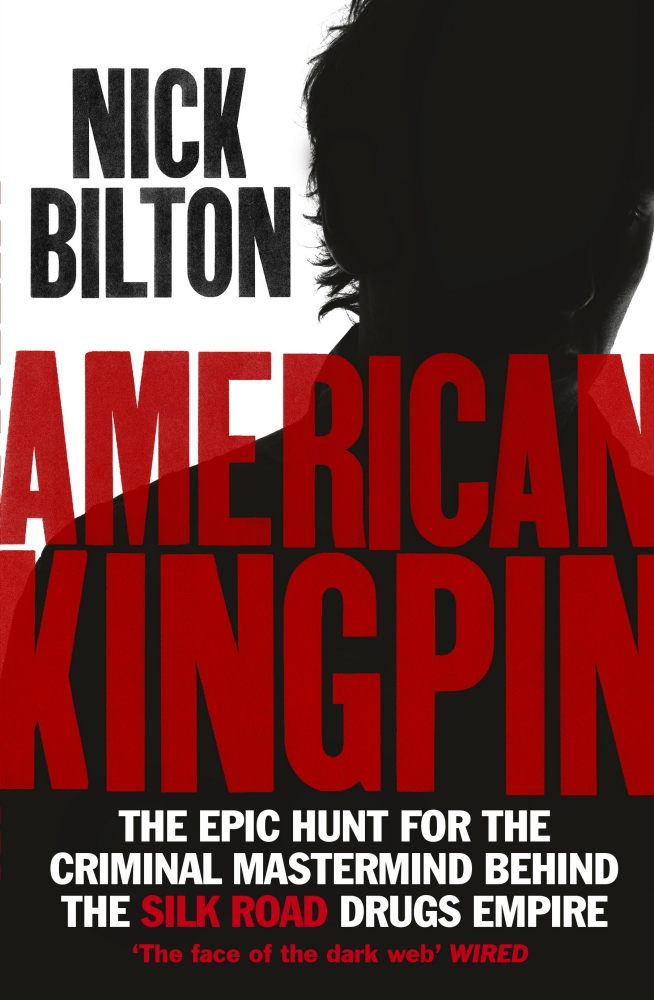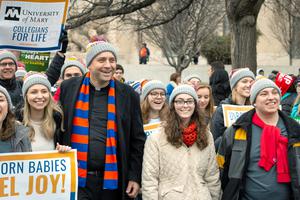American Kingpin: A Look at the Other Side
This book made me appreciate my Catholic faith in ways I would have never expected.

I don’t often pick up NYT bestsellers or things that aren’t on my Catholic reading radar. For one thing, I have a ton of books waiting for me (and they all look so good!). For another, I’m not often interested in them.
But there’s value in reading outside my comfort zone, and this book reminded me of summer reading of my younger years and discovering great authors accidentally at the library.
American Kingpin: The Epic Hunt for the Criminal Mastermind Behind the Silk Road (Portfolio/Penguin, 2017), came to my hands via my local library, because I heard the author, Nick Bilton, on a podcast.

In around 300 pages, Bilton outlines the rise and fall of what the Silk Road, the “Amazon of drugs,” and its founder, Ross Ulbright. I found myself traversing an area known as the Dark Web, which, honestly, I hadn’t really thought of before.
Buying drugs online? Through the mail?
That seems…completely possible, now that I think about it. Why not?
It’s exactly what happened. Ross Ulbright, under the moniker Dread Pirate Roberts (a nod to Princess Bride), was convinced that he could make the world a better place.
How? By making illegal drugs easily accessible, so that people wouldn’t die on the streets getting them.
Somehow, the fact that people died using the drugs, getting hooked on them, or the other social impacts of illegal drugs didn’t matter. It was the street culture that Ulbright focused on.
Oh, and the money that started pouring in almost immediately.
Suspend disbelief for about 300 pages: Ulbright was so full of Ayn Rand and the libertarian mindset that, yes, he wrote the code and harnessed a billion-dollar-a-day website.
Spoiler alert: he also got caught.
We get to know — and even like — Ulbright. He’s not that different from a lot of other people you might know. Bilton paints the picture, really letting the reader relate with Ross and his mindset.
As the story goes on, you see the two distinct personas he has to maintain, keeping his work with the Silk Road and his personal life separate. You also see how the pull of money — lots and lots and LOTS of money — impacts people and impresses them to act illegally.
Is it about the drugs? Or the money? Which is the “bad”?
After finishing the book, I wasn’t so sure. Ulbright started the Silk Road as an exercise in rights: people have a “right” to use drugs and the “right” to be able to purchase them without the dangerous street culture that takes many lives. The world will be a better place, according to this way of thinking, if we allow people to do what they want.
But this line of thinking also included murder…and fake murder. And stealing money.
Those are not good things.
They are, however, the consequence of this “right.”
As I followed this drama, letting it unfold in my hands as I turned the pages, I couldn’t help but identify my younger self with Ulbright.
It was a bit disconcerting, a “there but for the grace of God go I” moment.
In college, I was immersed in Ayn Rand and similar philosophies. A few weeks ago, our vet was at our farm, and the topic of Rand’s best-known work, Atlas Shrugged, came up.
“I haven’t read that for at least fifteen years,” I said. “But I don’t think I would agree with it now the way I did back then.”
Doc replied, “I don’t think I would have appreciated it in college. Now that I pay taxes…well…” and he nodded.
I suspect I’ll be revisiting it soon, especially after seeing Rand referenced again in this book. I want to understand better who I was…and who I am now. I also want to see if the book’s as good as I remember or if it’s drivel (as I’ve seen some reference it in the last decade).
Kingpin is a powerful story, one that I would have been ignorant of and that, honestly, probably affects me more than I would have thought.
In some ways, this book is a glimpse of why something greater than me matters. Usually, I have a healthy disregard for “the greater good,” but Kingpin made me think, consciously, about why we need to have authority figures and a mindset that’s above and beyond ourselves.
It’s a struggle that, in some ways, I laid down when I became Catholic.
The hurdle for me was never Mary or the saints. I never worried about confession.
For me, it came down to authority. Accepting that there was a place the buck stopped (the Catholic Church), an authority figure and a hierarchy (however flawed) gave me the confidence I needed.
Opinions are fine and even wonderful. But in matters of ethics and morals, we need a hard stop, a way of discerning and forming our conscience.
Kingpin, though not in any way, shape, or form a Catholic book, has had me reflecting on the beauty and freedom we have in the Catholic Church, on the freedom the boundaries and “limits” make possible.
Surprisingly, this turned into more than a fun summer read for me. And that’s the beauty of being Catholic.
- Keywords:
- book review
- true crime















